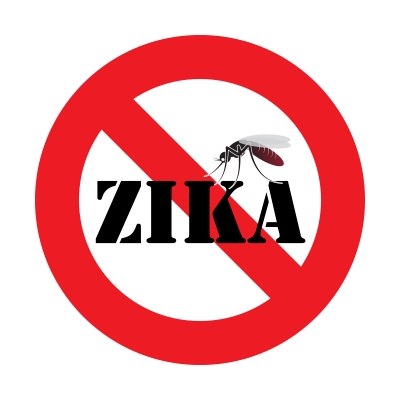
Image courtesy of duntaro at FreeDigitalPhotos.net
Federal health officials, the Centers for Disease Control and Prevention (C.D.C.) advise pregnant women, and women considering becoming pregnant, to avoid travel to several Latin American & Caribbean countries where the Zika Virus – which has been linked to newborn brain damage – is spreading through mosquitoes. In recent months, thousands of babies affected by this virus have been born with microcephaly – an unusually small head and brain.
A list of affected countries can be found here, but include:
- Brazil
- Colombia
- Ecuador
- El Salvador
- French Guiana
- Guatemala
- Guyana
- Haiti
- Honduras
- Martinique
- Mexico
- Panama
- Paraguay
- Saint Martin
- Suriname
- Venezuela
- Commonwealth of Puerto Rico
The list of countries has been growing steadily. Please check with the C.D.C. for the most updated information.
If travel absolutely cannot be avoided to the affected areas, travelers are cautioned to minimize the risk of mosquito bites by wearing long-sleeved shirts, long pants, and hats; wearing insect repellent at all times on clothing and exposed skin (repellents containing DEET or picaridin are considered safe for use during pregnancy); staying indoors during dawn and dusk when mosquitoes are most active, and staying in screened or air-conditioned rooms. However, keep in mind it is impossible to completely prevent mosquito bites! Avoiding those locations is the safest option for pregnant women, and woman looking to become pregnant.
The Zika Virus affects developing fetuses in their first trimester, when many women are still unaware they are pregnant – though scientists do not yet know how. According to a New York Times article, currently there is no vaccine for Zika, but one is in development with the National Institute of Allergy and Infectious Diseases.
Answers to commonly asked questions, such as “What is the Zika Virus”, “How is it spread”, “How do you know if you’ve been infected” and more, can be found here.
For more information, please contact the Centers for Disease Control and Prevention or call 800-CDC-INFO (800-232-4636)




